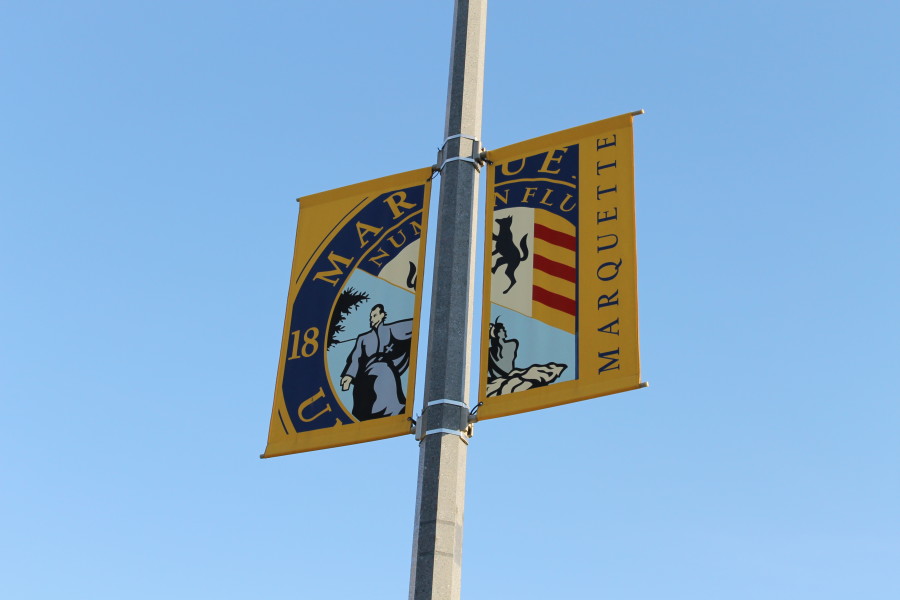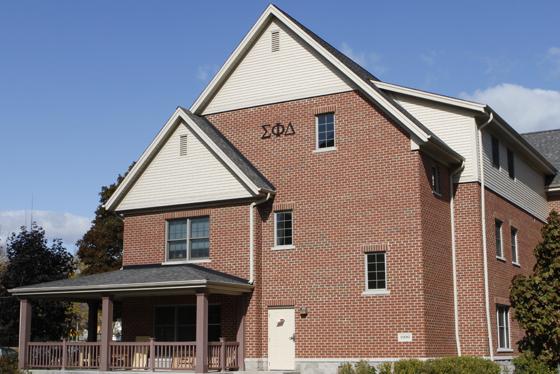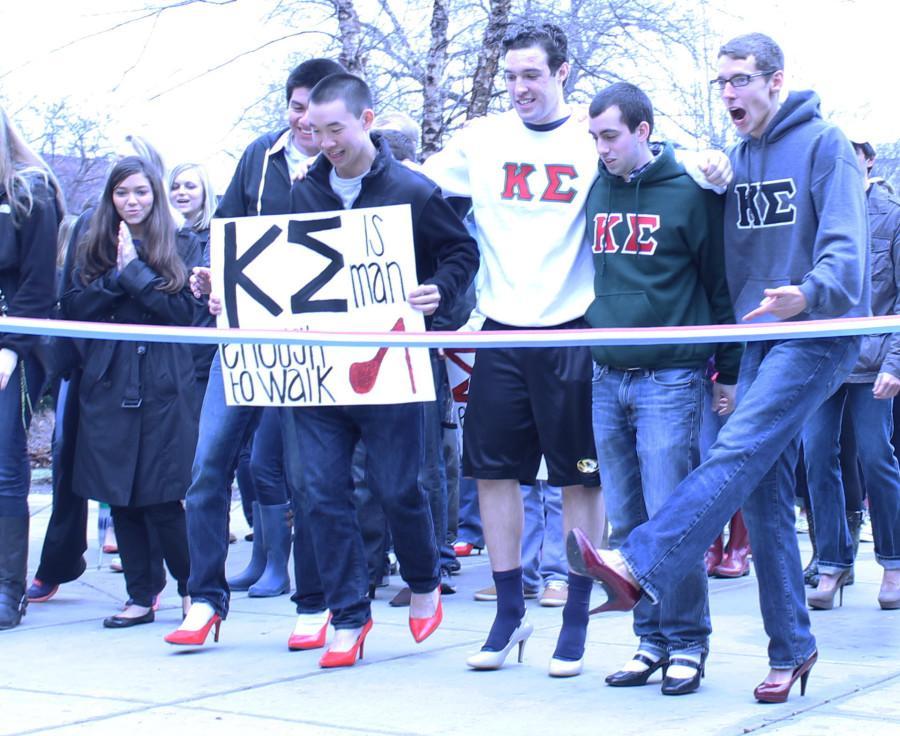A former student is suing Marquette for its handling of a 2014 rape case.
A lawsuit filed in federal court Thursday, Aug. 24 by a woman using the name of Jane Doe claims the university retaliated against her after reporting the case to police, and failed to accommodate her after the alleged incident. The suit says because of the incident, she was forced to leave campus.
The suspect was charged and the case went to trial in 2016 where he was acquitted.
The former nursing student is suing Marquette for violating two counts of Title IX, negligence and emotional distress for a sum of $1.5 million and a trial by jury.
Doe’s lawyer, Julie Porter of Salvatore Prescott & Porter, PLLC of Evanston, Illinois, said the case is not about the rape incident, but how Marquette treated Doe and the lack of support provided.
“Marquette was not helping, but acting against her,” Porter said in an interview.
Marquette received the complaint Aug. 24. The next step for the university is to respond to the complaint.
“We take any claim brought forward by our students extremely seriously and we will take the appropriate time to review it thoroughly,” the university said in a statement. “We care deeply about all of our students and their well-being is our highest priority.”
The alleged incident occurred in August 2014 during the victim’s freshman year. Doe received threatening text messages from the accused student the summer before she returned to campus.
According to the complaint, in the early morning hours of Aug. 24, 2014, the two crossed paths while Doe was intoxicated, and she was raped.
The complaint says Marquette’s then Department of Public Safety discouraged Doe and her parents from reporting the crime to the Milwaukee Police Department.
“Marquette appeared to have two motivations. To defer future sexual assault victims from pursuing charges,” said the complaint. “To intimidate Doe in an effort to cause her to leave Marquette, protect Marquette against legal action and discredit Doe as a complaint.”
The complaint said the university provided Doe with a counselor, who had little experience with sexual-assault victims and did not provide her with resources needed to recover. The counselor called Doe and asked questions such as, “Hi, how are you feeling about being raped?”
The trauma of the case began to interfere with Doe’s academic life. The complaint asserts that she was not able to pass certain classes for reasons tied to the incident.
The suit alleges that, at one point in the semester, Doe was meeting with a teacher to discuss her quiz grades. The instructor asked what Doe was doing this summer to help herself. Doe talked about her internship, but the teacher explained she was referring to therapy.
In 2017, Doe left Marquette and transferred to a community college.
This isn’t Marquette’s first encounter with sexual harassment complaints. Three fraternities – Triangle, Delta Chi and Sigma Phi Delta – were issued warnings for sexual misconduct in April 2014.
There have also been similar cases to Doe’s. One complaint led to an investigation by the U.S. Department of Education’s Office for Civil Rights in June 2015.
A student alleged that the university failed to respond promptly to her multiple reports of a sexual harassment by another student. She claimed that Marquette failed to take appropriate action after learning her perpetrator and his friends repeatedly retaliated against her for reporting the incident.
Similar to Doe’s case, there were academic tensions. The student claimed that the university threatened to withhold her diploma if she continued to complain of sexual harassment and retaliation, according to the investigation.
A resolution was passed in August of 2015, where Marquette agreed to release a statement that affirms it does not tolerate sexual harassment, and encourages students to report incidences to Marquette University Police Department.
For Porter, these were not the actions taken when Doe was a student.
“Marquette made a decision. The Department of Public Safety and Marquette knew they had a problem, but Marquette intimidated and dissuaded,” Porter said.










